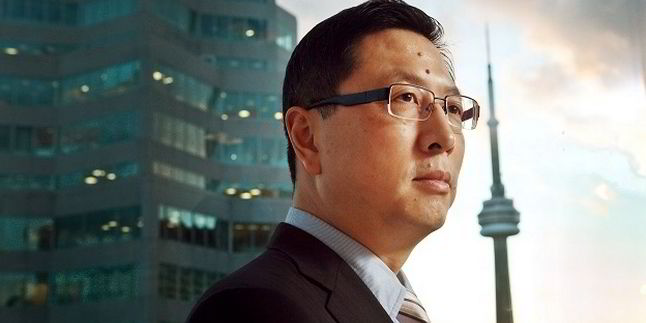The plant, located in the town of Sorocaba in Brazil's industrial hub of São Paulo, is being built by industrial services group Flex, Recharge discovered from multiple sources.
Canadian Solar first announced plans for the Brazil factory last year but has given no details since then.
Speaking to Recharge, a Canadian Solar spokeswoman reiterated that plans for the Brazil plant remain underway, but would not confirm any additional details.
Canadian Solar is said to be seeking accreditation under the 2014 local content rules set by the National Development Bank (BNDES). It will be the first confirmation of four module makers that are expected to accredit their equipment beside five small, local module-assemblers, allowing Brazil to reach a 1GW a year module manufacturing capacity, as Rechargereported.
The panel maker's decision will come as a relief for most of Brazil's solar sector, which is fraught with indecision because of the current political and economic crisis that has led some top module makers to decide not to invest in the 1GW-2GW annual PV market.
The confirmation comes as most developers that won PPAs in the 2014 tender are asking the government to postpone the start of power supply to 2019 from 2017 claiming, among other issues, a lack of local equipment suppliers.
Enel Green Power, which is importing Jinko Solar modules for its projects, is the only winner that is not seeking a postponement.
Thin-film manufacturer First Solar and China's Jinko Solar have already said that they will not invest in Brazil for now, although they will seek to continue selling imported equipment there. Troubled SunEdison, which in 2015 announced plans to build a 140MW plant in Brazil, may not invest, Recharge understands.
China's BYD, which said it will invest in a 200MW plant, and JA Solar are still reportedly undecided. They are said to be waiting for confirmation of further tax incentives for solar PV equipment and their respective raw materials through a semiconductor incentive program known as PADIS.
“Canadian's stance is important to large centralised solar generation projects, because up to now the five panel makers operating in the country don't have the capacity nor the quality to supply utility-scale projects,” Carlos Evangelista, president of the Brazilian Association of Distributed Power Generation (ABGD) told Recharge.
Although Globo Brasil, which assembles modules in a plant in São Paulo, has a 180MW a year capacity, its equipment built with imported Chinese solar cells lacks the certification required for large utility-scale projects.
Although locally-made solar panels are currently more expensive than imported panels, local production is important to avoid exchange rate risks and, principally, for developers to tap cheap financing from the BNDES.
Canadian Solar will initially supply projects in which it has equity stakes in São Paulo and Minas Gerais states, in partnership with Spanish developer Solatio.
In the 2014 tender the two companies won PPAs for nine projects with a combined capacity of 270MW and in the 2015 tender it won PPAs for five projects totally 150MW.
All projects have to be operational by 2017.
Story was updated with response from Canadian Solar.

